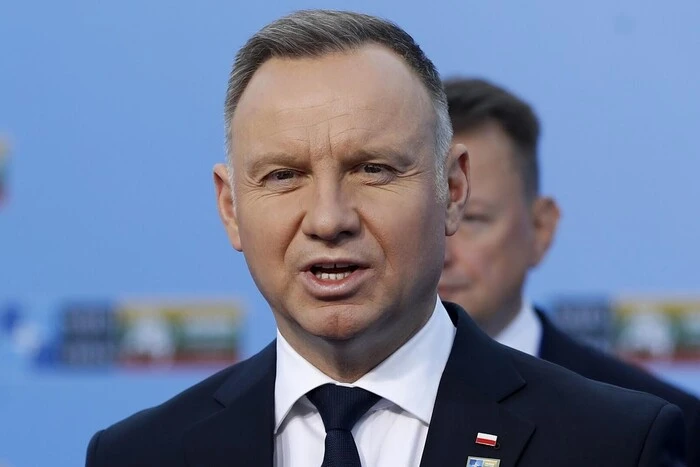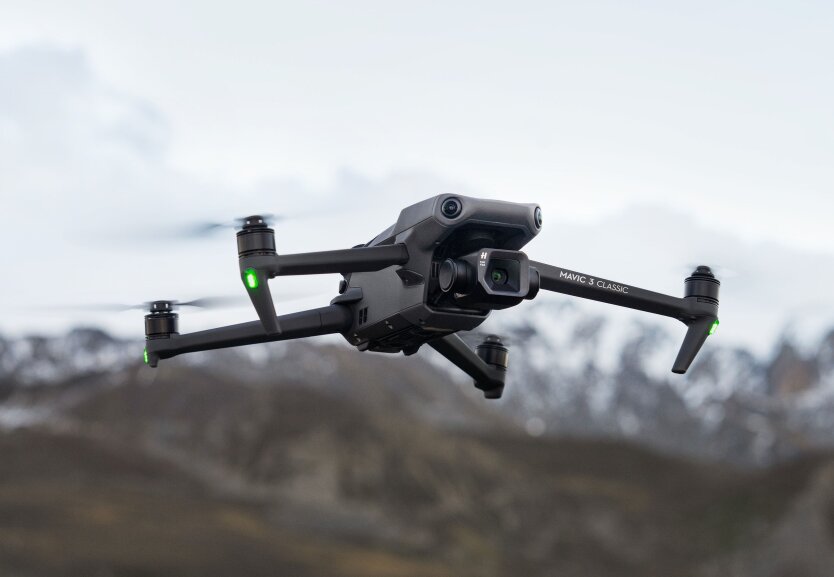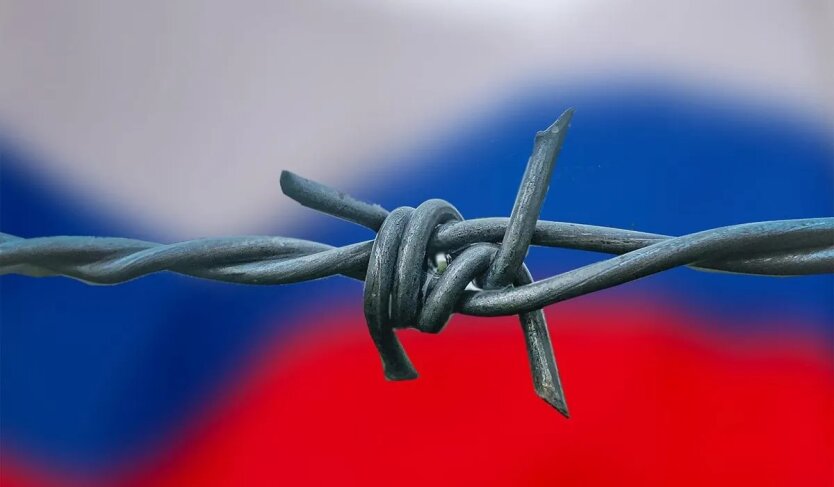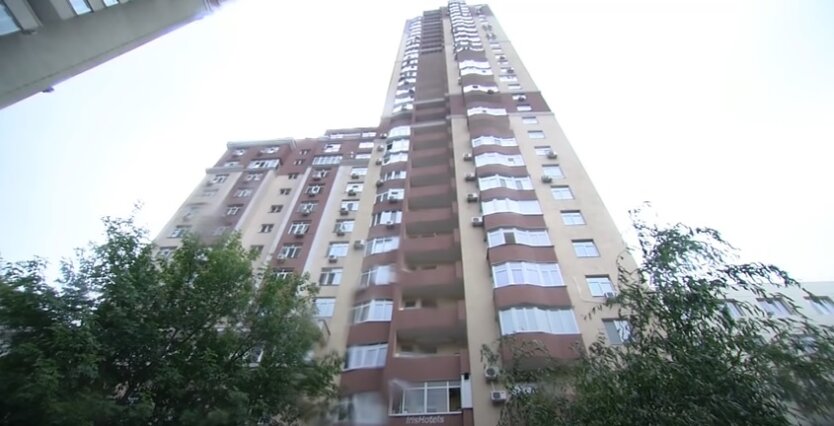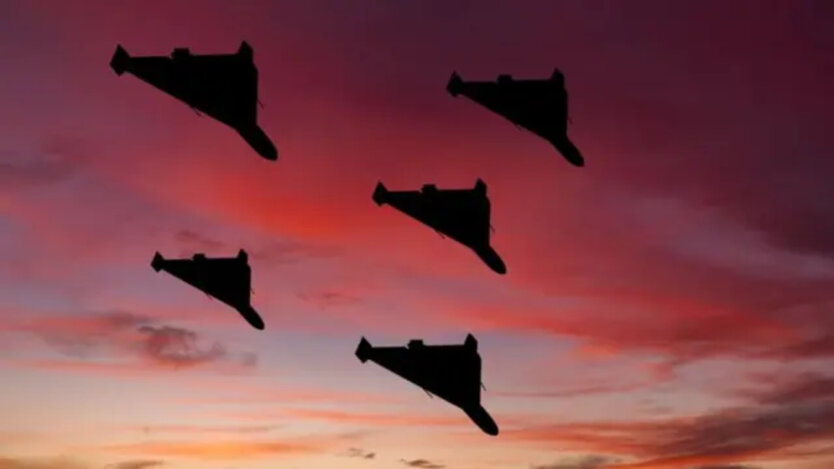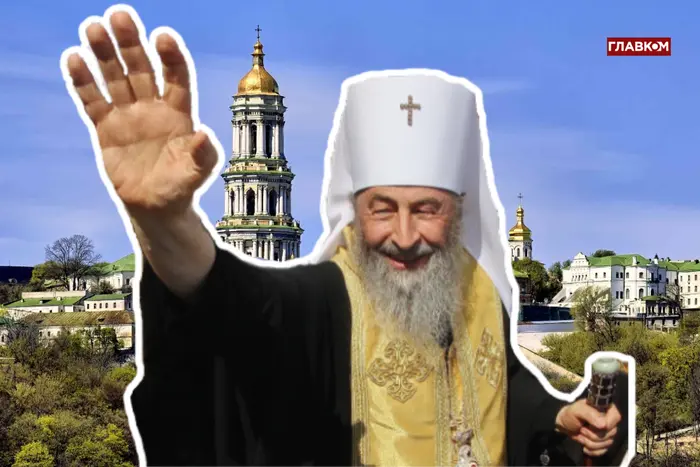Russian Economy at Risk of Overheating Due to War - ISW.

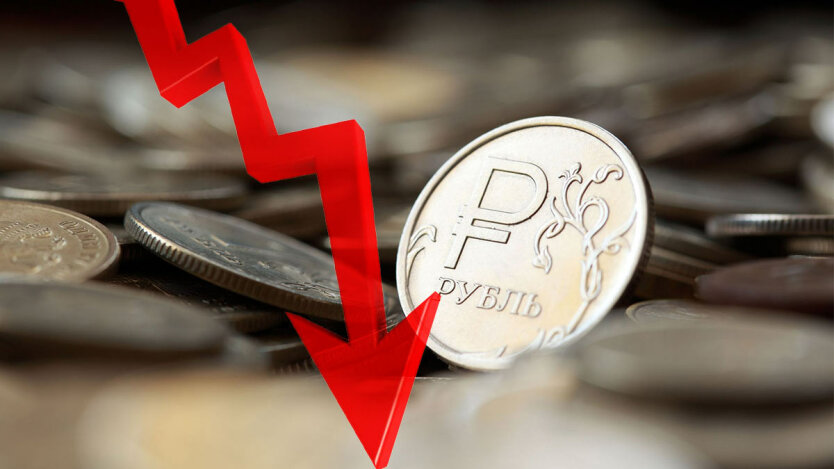
The Institute for the Study of War has stated that the military burdens on the Russian economy are becoming increasingly significant, posing a threat to Vladimir Putin, who is forced to finance the war in the long term.
An article from The Washington Post, referenced in the report, indicates that the Russian economy is at risk of overheating. High military expenditures are causing Russian companies to artificially raise wages in order to meet labor demand, placing them in a challenging competitive situation.
“Russia's workforce and production capacities are almost exhausted,” warned Elvira Nabiullina, head of the Central Bank of Russia.
Furthermore, according to the publication, Russian private companies are offering wages significantly higher than average industry standards to keep up with the wages of Russian military personnel.
The report also mentions that Russian authorities are increasing bonuses for contract servicemen to expedite the mobilization and deployment of armed forces. However, such a policy has its limitations and requires significant resources from Russia.
The article also notes that Russia's strict migration policy depletes the country's labor resources and exacerbates economic contradictions. Additionally, fewer migrants are willing to move to Russia for work due to its unappealing nature and hostile attitudes toward them.
The Fragility of Russia's Power Generation System
The report from the Institute for the Study of War also notes that the recent deployment of North Korean troops on Russian territory points to the fragility of Putin’s power generation system.
Analysts also forecast increased war expenditures as Russian resources are limited, and Putin cannot indefinitely maintain the economy's dependence on military needs.
“The Russian economy will reach a burnout point, causing significant damage to society,” warns the report.
Thus, Russia seeks a balance between satisfying the needs of its electorate and utilizing migrant labor, but this balance is very complex, and Putin will be forced to make crucial decisions regarding resource allocation for the war or changing the ways it is conducted.
Read also
- Poland officially established a day of remembrance for the victims of the genocide committed by the OUN and UPA
- Mavic is closed for us: how Ukraine solves the drone shortage problem
- Foreign Affairs: Half-Measures in Sanctions Have Prolonged the War in Ukraine for Years
- eOselya: Leading regions by the number of issued mortgage loans
- Budanov assessed whether the Russian Federation can launch 500 'Shaheds' daily
- Zelensky Strips Ukrainian Citizenship from Primate of the UOC-MP Onufriy

